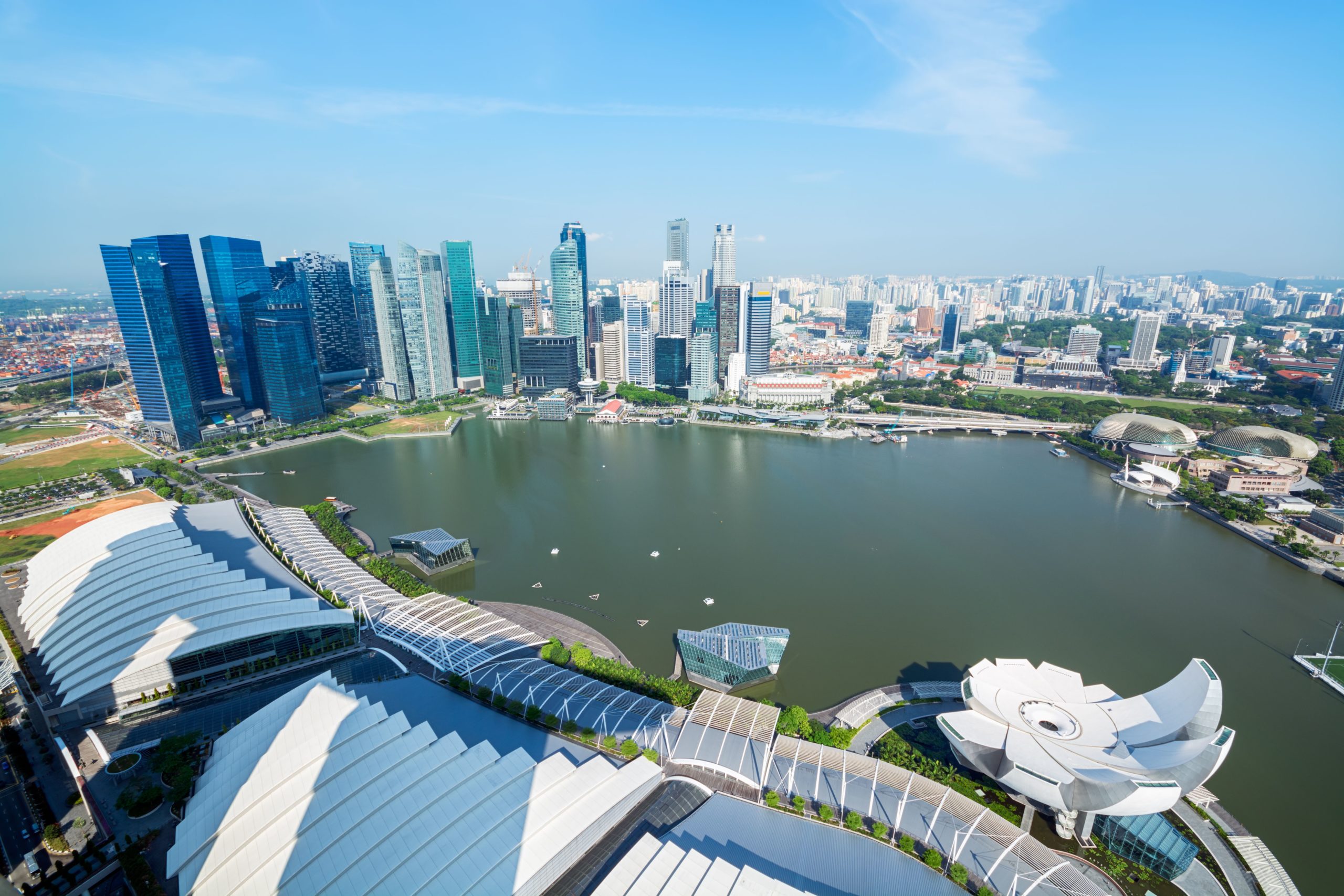Reservoir and Catchment Management in Tropical Areas
Water in urban areas is often sourced from man-made reservoirs or intensive managed water bodies. Besides providing potable water, reservoirs, lakes, canals and rivers provide several other functions, such as recreation opportunities and flood control. Different functions have different, often conflicting, requirements regarding water quality and quantity. For instance, recreation requires stable water levels, while optimal flood control can result in large fluctuations.
In many urban areas a complex, interconnected system with multiple reservoirs has been developed over time. Management of these systems requires knowledge on water quality issues and control systems. Much knowledge is available for systems in temperate climates. However, much less is known about tropical systems, which are fundamentally different in many ways. For instance, biological production in tropical systems can be many times higher, leading to more severe eutrophication problems in shorter time spans. Another example are much higher rainfall intensities in tropical areas, with higher risks of flash floods.
Another dimension is that increasingly water is harvested in urban areas for potable water supply. This requires novel solutions, such as green roofs and a system of small-scale reservoirs that can be implemented in dense urban areas. Catchment management becomes under these circumstances increasingly important to manage sources of pollution, such as sewerage leakage and runoff from roads and other paved areas.
The tropical environment provides a exciting research area, while water managers in tropical areas are in need of support to improve and optimise management practices. NUSDeltares links Dutch, temperate knowledge with Singaporean, tropical knowledge to address the challenges of reservoir and catchment management in tropical areas.






